Often, those in power do not pay much attention to ordinary people.
People who enjoy wealth and influence are not always keen to be associated with those who are less fortunate.
We know that God is almighty and his power is infinite, yet…
Yet, he does not keep at a distance from the human beings he has created.
Amazingly, he identifies with them, even the poorest and most needy.
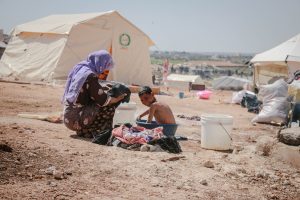
 This is what today’s 1st reading tells us very clearly (Exodus 22:20-27).
This is what today’s 1st reading tells us very clearly (Exodus 22:20-27).
This text of the Book of Exodus speaks of the foreigner, the widow, the orphan, the poor who pledged even his own cloak.
All such people are people in need and not only does God cares for them, but he also wants us to do the same.
He tells us to do so in very strong words.
God insists that we must not take advantage of people in need.
“My anger will be aroused”, says God, if we do not obey his command.
 And he adds: “When they cry out to me, I will hear, for I am compassionate”.
And he adds: “When they cry out to me, I will hear, for I am compassionate”.
To the people listening to him, this is precisely what Jesus will teach:
“You must be compassionate, just as your Father is compassionate” (Luke 6:36).
This is what is expected of us in these our days…
The migrants and the refugees are at our door…
The widow and the orphans are waiting for help…
The poor of all kinds are begging for assistance…
Compassion is what they are all hoping for…
Note: Another text is available on a different theme, in French, at: https://image-i-nations.com/30e-dimanche-de-lannee-a-2023/
Source: Images: pexels.com (Ahmed Akacha) unsplash.com (Jon Tyson) Bible Portal
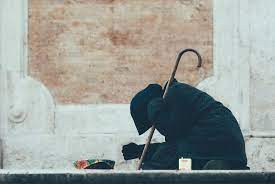


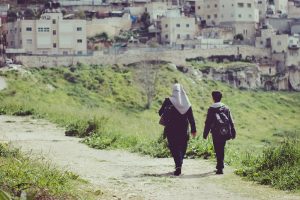
 Gender equality today for a sustainable tomorrow
Gender equality today for a sustainable tomorrow
 Those who happened to see the woman putting in her humble offering may have been tempted to make such a statement.
Those who happened to see the woman putting in her humble offering may have been tempted to make such a statement. Pope Francis arrives in Iraq as ‘penitent pilgrim’ begging for peace
Pope Francis arrives in Iraq as ‘penitent pilgrim’ begging for peace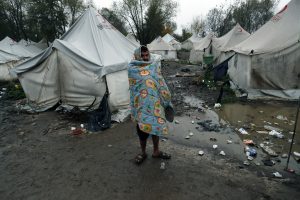

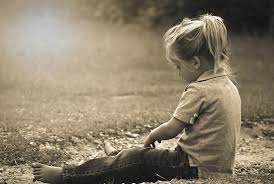
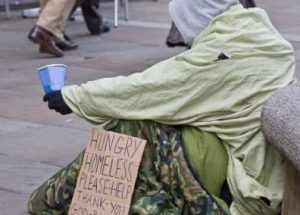
 There is so much that is wrong in our world today, is it not so?
There is so much that is wrong in our world today, is it not so?
 The scene takes place in the synagogue of Nazareth on a Sabbath day. It is the time to read a passage of the sacred text. As any adult man can do, Jesus takes the scroll and starts reading a text from the prophet Isaiah (Is.61:1-2). Today’s gospel (Luke 1:1-4; 4:14-21) tells us that “All eyes were fixed on him”. Jesus read the first verse, and the second… What followed was … unexpected, unforeseen, in fact, quite shocking!
The scene takes place in the synagogue of Nazareth on a Sabbath day. It is the time to read a passage of the sacred text. As any adult man can do, Jesus takes the scroll and starts reading a text from the prophet Isaiah (Is.61:1-2). Today’s gospel (Luke 1:1-4; 4:14-21) tells us that “All eyes were fixed on him”. Jesus read the first verse, and the second… What followed was … unexpected, unforeseen, in fact, quite shocking!